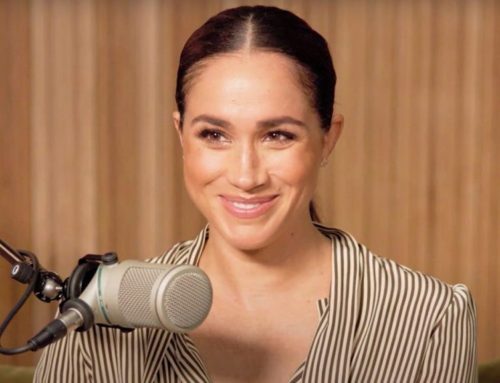Edwin Meese has a column in the Wall Street Journal on the battle in California to overturn Prop 8 which banned same-sex marriage in the Golden State. Instead of examining the legal arguments of the case, Judge Vaughn Walker will examine the religious and moral beliefs of the advocates of traditional marriage and put those views on trial. Worse, he will be opening these advocates to harassment by allowing the proceedings to be televised and YouTubed; the Heritage Foundation released a thoroughly documented study on the harassment of Prop 8 supporters last October, if anyone doubts this is true. (Today, the Supreme Court blocked Judge Walker from live streaming the proceedings and putting them on YouTube.) Ed Whelan explained at Bench Memos last week why bringing in this apparent transparency was dangerous and benefited the opponents of Prop 8 over its proponents. What is so deeply disturbing about all this is that judges have the leeway to make up the rules as they go along to the benefit of one side or the other. Ideally, the law should be impartial; that is especially true in the process through which the decisions should be made.
A friend of mine says that one reason the “other side” wins so many arguments — in politics, the law, in the broader culture — is because liberals get to make up the rules as they go along; it is difficult to win when the game changes along the way.



